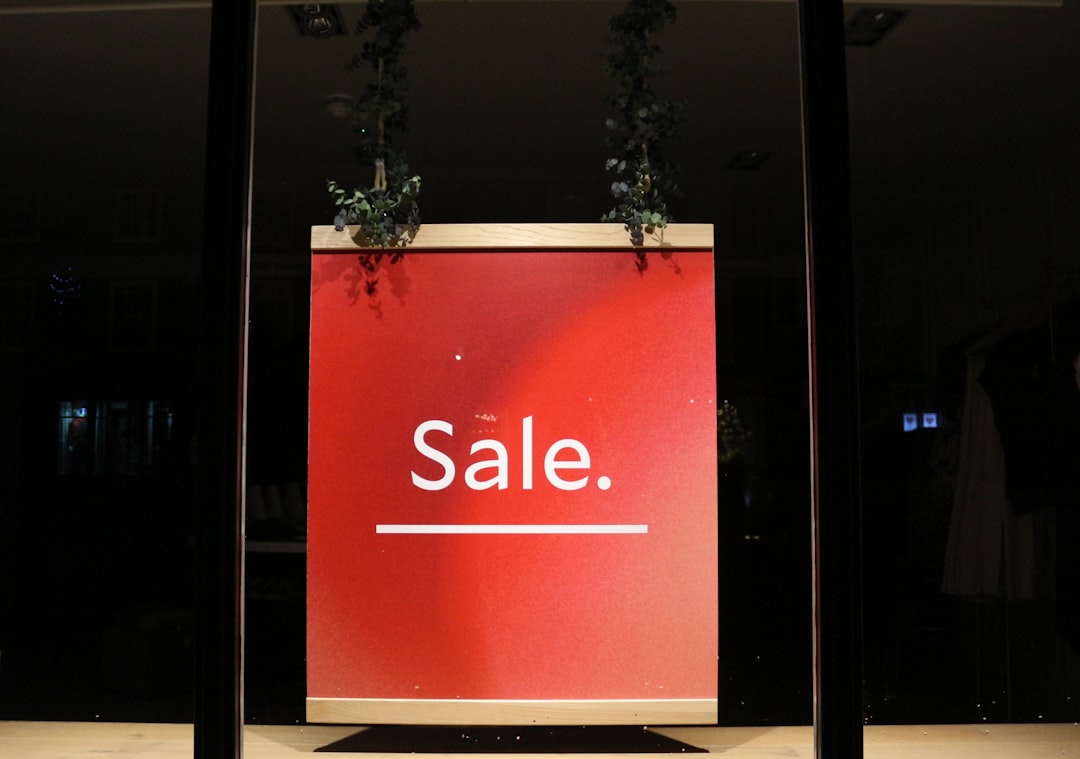Imagine you’re shopping for a new phone. You find one online, but it’s being sold by someone you’ve never heard of. Do you click “Buy Now”? Maybe. But you’re probably going to check a few things first—reviews, return policy, and seller details. That’s where trust comes in!
Buying online is all about trust. But it’s not the same when you buy from a big marketplace like Amazon or Etsy compared to buying directly from someone’s website or a social media store. Curious how that works? Let’s break it down!
What is a Marketplace?
A marketplace is an online store that hosts lots of other stores. Think of it as a giant digital mall. Examples include:
- Amazon
- eBay
- Etsy
- Walmart Marketplace
When you buy something on a marketplace, you’re often buying from a third-party seller. But the marketplace sets the rules and handles the experience.

On Marketplace: Built-In Trust
Shopping on big marketplaces comes with automatic trust. Here’s why:
- Buyer protection: Marketplaces usually offer guarantees if things go wrong.
- Ratings and reviews: You can read real feedback from other buyers.
- Familiar checkout process: You already know how it works.
- Customer service: You’re not stuck if the seller disappears.
So, even if you don’t know the seller, you trust the platform. It’s kind of like eating at a food truck that’s inside a fancy hotel. The hotel wouldn’t allow it inside unless it was safe, right?
Off Marketplace: It’s Personal (and Risky!)
Now let’s say you find the same phone on a smaller website, Instagram, or a blog shop. These are considered “off marketplace” sales.
Here’s what makes people nervous:
- No brand backing: It’s often just one seller with no middleman.
- Limited or no reviews: Hard to know if others had good experiences.
- Unfamiliar policies: What’s the return process? Is there one?
- Dodgy checkout: If the payment process looks sketchy, red flags go up!
It’s a little like buying a phone from someone in a parking lot. Maybe it works, maybe it doesn’t. You’ve got to put in more effort to feel safe.

Why Does This Difference Matter?
If you’re a business owner, where you sell matters a lot. Customers will naturally trust you more if you’re on a marketplace. But that also means:
- You pay fees to the marketplace.
- You follow their rules.
- Your brand may get less attention than the platform’s brand.
When selling off the marketplace, you can:
- Keep more profit.
- Control your brand’s look and feel.
- Build personal relationships with your customers.
But you also need to work much harder to build trust!
How to Build Trust Off Marketplace
Going solo? Here’s how to win customer trust:
- Show reviews and testimonials: Ask past clients to share their experience.
- Be clear about policies: Put your return policy, shipping info, and contact details front and center.
- Secure your site: Use HTTPS and trusted payment gateways.
- Keep branding consistent: A professional website makes a big difference.
Remember, people value clarity, honesty, and responsive customer care. If you do that, you can build even more loyalty in off-marketplace channels!

Final Thoughts
Trust is the secret sauce to online sales. Marketplaces offer it by default, but come with costs and limits. Selling off marketplace gives you more freedom, but you have to earn customer trust from scratch.
So, whether you’re browsing or selling, understanding where trust comes from can help you shop smarter—or sell better!



